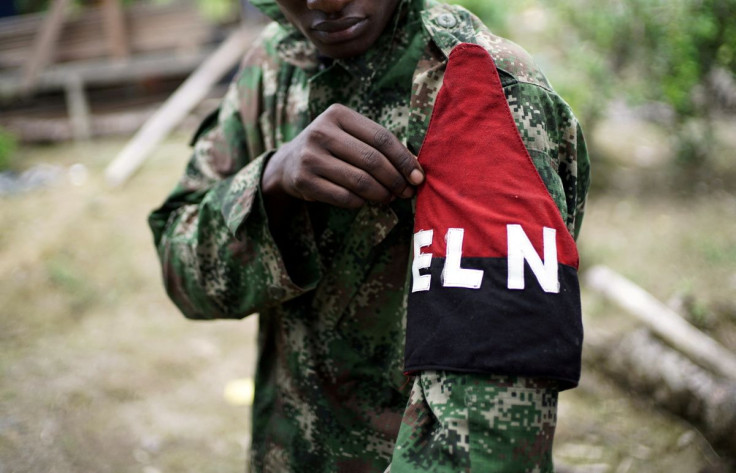ELN Rebels Blow Up Bridge, Injure Eight In Attacks Across Colombia -government

Guerrillas of the leftist National Liberation Army (ELN) on Wednesday blew up a bridge, set fire to vehicles, blocked roads and set off bombs that injured eight people during the first day of a so-called "armed strike," Colombia's government said.
The rebel group is holding the three-day strike to protest the government's economic and social policies, less than three weeks before legislative elections. The action means restrictions on movement and trade in rural areas where the ELN operates.
One of the most serious attacks took place in Pailitas, a municipality in northern Cesar province, where the rebels blew up a bridge, halting traffic, the government said.
In eastern Santander province, an explosion on a road between the municipalities of Socorro and San Gil injured eight people, while a similar attack in Cucuta, the capital of Norte de Santander province, killed a police explosives dog.
Vehicles were also set on fire in attacks attributed to the ELN on the road connecting the cities of Popayan and Cali.
"What we're seeing is that in some places in Colombia the ELN has cowardly tried to intimidate the population," President Ivan Duque told reporters. "There's a large deployment of security forces across Colombia because the country isn't going to be paralyzed by terrorism."
The strike will run until Saturday morning, the ELN said in a statement released over the weekend.
The ELN, made up of some 2,350 fighters, is accused of financing itself with kidnapping, extortion, illegal mining and drug trafficking. The group is considered a terrorist organization by the United States and the European Union.
The rebels have struggled to sustain peace talks to end their part in Colombia's internal armed conflict, which has left 260,000 dead over almost six decades, due to radical demands, diffuse command structure and dissent among its members.
© Copyright Thomson Reuters {{Year}}. All rights reserved.





















